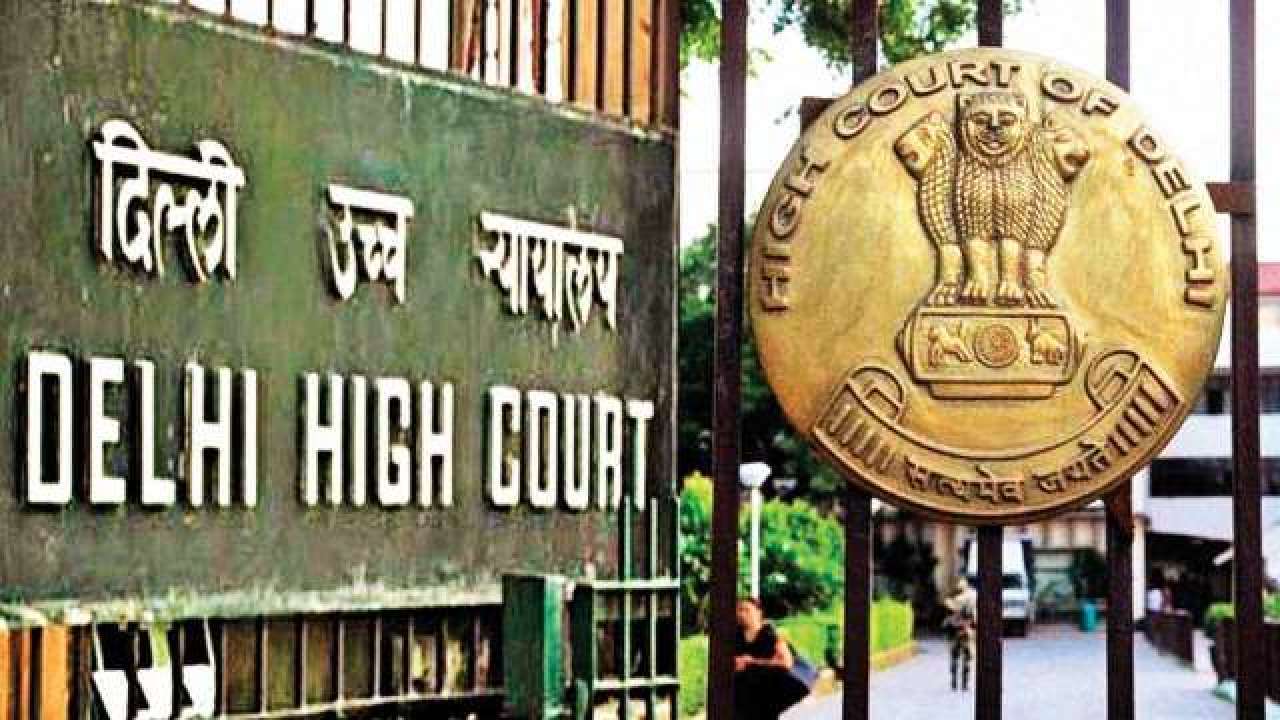CASE NUMBER- W.P.(C) 4455/2017 & CM APPL. 19463/2017
DATED ON- 14.05.2024
QUORUM- HON’BLE MR. JUSTICE CHANDRA DHARI SINGH
FACTS OF THE CASE
The petitioners/workmen joined the services of the respondent no. 2 (State Bank of Mysore (merged with State Bank of India) as Sweeper/Sweeper-cum-Peon at various branches of the Delhi region on temporary basis. Thereafter, due to the proposed merger of six subsidiary/associate banks including the respondent no. 2 with the State Bank of India, the petitioners on 31st March, 2017, were served with the retrenchment notice. The terms of the said merger scheme contained a condition that only the permanent employees on the rolls of the six associate banks will be absorbed and continue their services with State Bank of India. Being aggrieved, the petitioners have approached the Court seeking reinstatement as well as regularization of their services and setting aside of the said retrenchment notice. The petitioners filed writ of Mandamus and Certiorari before the Honorable Court.
ISSUE RAISED
No such issue was raised before the Hon’ble court. However, the court decided on whether the instant petition is maintainable before the court of law or not?
LEGAL PROVISION
Article 226 of Indian Constitution- Every High Court shall have powers to issue orders or writs including habeas corpus, mandamus, prohibition, quo warranto, and certiorari, to any person or any government for the enforcement of fundamental rights and other purpose.
CONTENTIONS OF THE PETITIONERS
The contention is that the respondent no. 2 wrongfully terminated the services of the workmen and failed to take into consideration the fact that the petitioners had been working with the respondent for over ten years and the duties and nature of work performed by the them were of a permanent nature. The petitioners were entitled to be regularized on the basis of seniority as the respondent no.2 had a policy in place for regularizing the services of their employees on the basis of seniority. But the respondent did not prepare a seniority list for the same. The petitioners were earlier assured that they will be regularized before the merger, but they were served with retrenchment notices. The said merger scheme is discriminatory and violative of Article 14 of the Constitution of India. It is submitted that the petitioners had worked with the respondent no. 2 for over 240 days in a calendar year for the last 10 years and should have been regularized, but the same was not done. Therefore, the petition may be allowed.
CONTENTIONS OF THE RESPONDENT
The respondent opposed the instant petition, that the same is liable to be dismissed. The petition is not maintainable as the petitioners being “workmen” have an alternative remedy under the Industrial Disputes Act, 1947, under which all the disputes pertaining to employment and retrenchment are mandated to be adjudicated by an Industrial Tribunal/Labour Court. The writ jurisdiction under Article 226 of Constitution of India is discretionary in nature and cannot be invoked when an alternative statutory remedy is available. It is submitted that the impugned retrenchment order falls under the ambit of section 25-F of the Act, whereby, the prescribed mandate under the said section i.e., compensation of 15 days of pay for every completed year of service was paid to the petitioners. If there has been a wrongful termination of services of a daily wager due to non-compliance of section 25-F of the Act, the aggrieved person is entitled to monetary compensation and not reinstatement. Furthermore, the petitioners were employed on a temporary basis and were called intermittently as per requirement, hence, there was no continuity of service. It is further submitted that it is a settled position of law that by mere completion of requirement of 240 days, does not entitle the workman to be eligible for regularization in service. Therefore, the instant petition is liable to get dismissed.
COURT’S ANALYSIS AND JUDGEMENT
The court held that, the writ jurisdiction of a High Court although, is supervisory, discretionary and extraordinary, in nature however, the same does not confer an unlimited discretion upon the Courts to entertain each and every kind of claim under the writ jurisdiction. the writ jurisdiction must be invoked to protect infringement of legal or fundamental rights and only in the event when alternative remedy has been exhausted. The writ courts have discretion to grant reliefs under the above said provision if there is established exceptional case warranting such interference. The court observed that both the parties have the recourse to approach an appropriate forum under the Act which is the efficacious alternative remedy. Furthermore, the petitioners have failed to demonstrate a case for ‘exceptional circumstances’ for this Court to exercise its jurisdiction under Article 226 of the Constitution of India. Therefore, the present petition is not maintainable under Article 226 and got dismissed for the failure of the petitioners to exhaust the alternative remedy. This Court also stated that the time taken for the disposal of the present petition shall not affect the limitation period to raise the industrial dispute.
“PRIME LEGAL is a full-service law firm that has won a National Award and has more than 20 years of experience in an array of sectors and practice areas. Prime legal fall into a category of best law firm, best lawyer, best family lawyer, best divorce lawyer, best divorce law firm, best criminal lawyer, best criminal law firm, best consumer lawyer, best civil lawyer.”
Judgement Reviewed By- Shreyasi Ghatak
Click here to view the judgement


